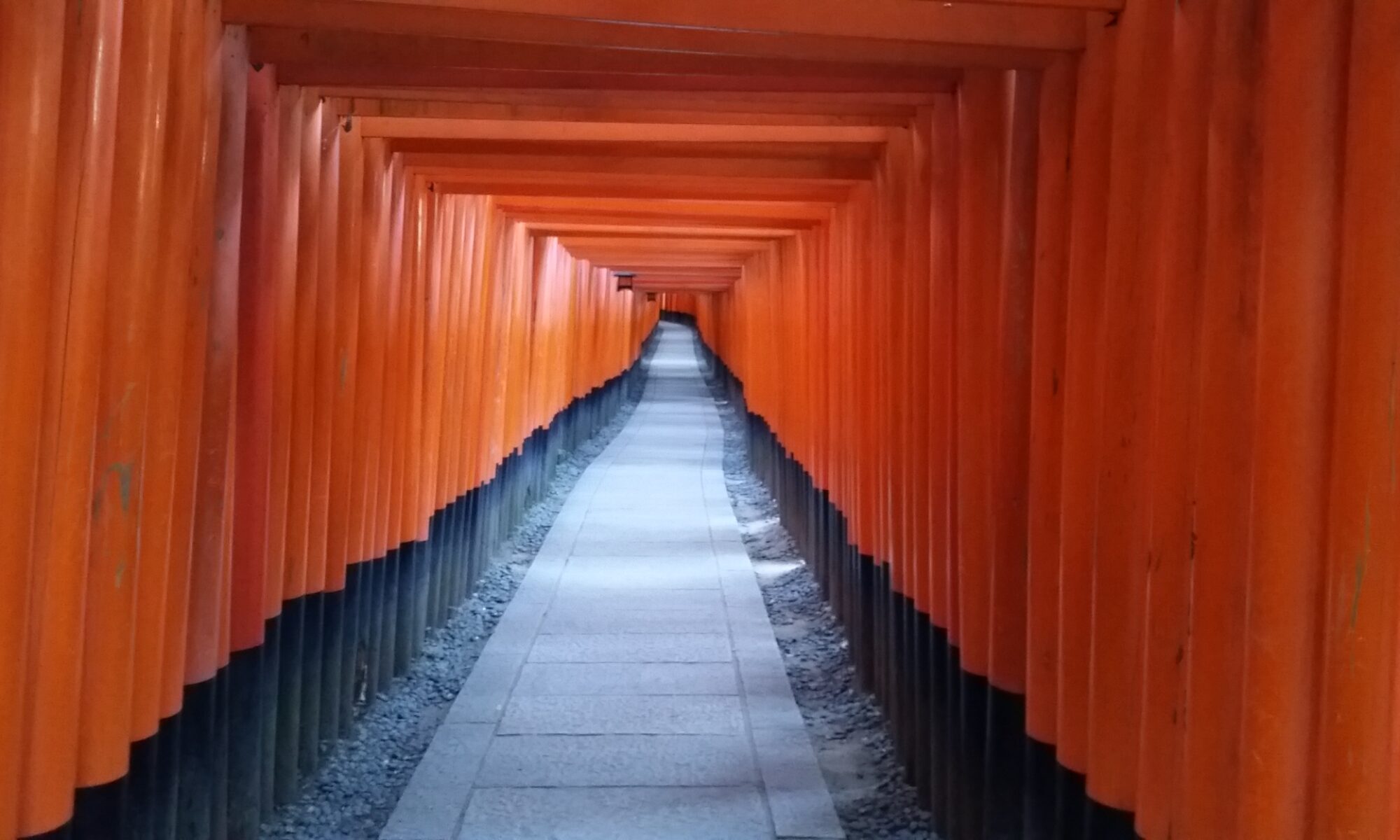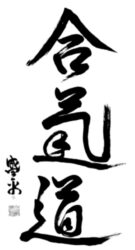Aikido in New York City
New York City Aikido was founded in early 2017 by native New Yorkers to provide a place for study and training in, and dissemination of, the principles of the martial art of aikido. The dojo offers open hand practice, as well as aiki weapons work (jo — staff, bokken — sword, and tanto — knife). Please click here if you would like more information on joining or visiting our dojo.
NYCA is affiliated with the Aikikai Foundation, Aikido World Headquarters, in Tokyo, Japan, through the Aikido Schools of Ueshiba (ASU).
Our website address — fudo-shin.com — comes from “fudo shin” (不動心), a Japanese phrase referring to equanimity.
“New York City Aikido” (NYCA) is the doing business name for TASL Arts, LLC. You may reach us at info@fudo-shin.com.
Mission and Philosophy
The dojo follows the teachings of the Founder, Morihei Ueshiba, particularly as expounded upon by Mitsugi Saotome sensei, one of O Sensei’s longest running uchi-deshi (live-in students). The dojo founders have trained extensively with Saotome sensei and his top student, Hiroshi Ikeda sensei.
“Aikido has but one principle — the universal reality of life. In their own nature as living human beings all possess the basic secret of Aikido. The purpose of Aikido is to better people’s lives, to make their spirits blossom and become strong, and by making better people to make a better world.” From M. Saotome, Principles of Aikido, p.1.
Rules / Etiquette
All members should review the current version of the ASU Student Handbook (the previous July 2008 edition is here), including the discussion of dojo etiquette.
Once I asked O Sensei, “What is the most important thing in one’s training in budo?” His reply was “The one essential element is the observance in daily life of courtesy and proper etiquette.” The courtesy and etiquette O Sensei spoke of are more than mere politeness. It is more than just not making enemies. Reigi (“etiquette” or “decorum”), written with alternative kanji, also means spirit. Our attitude, and its expressions through our actions, shows our real spiritual quality.”
– From M. Saotome, The Principles of Aikido, p.195.

